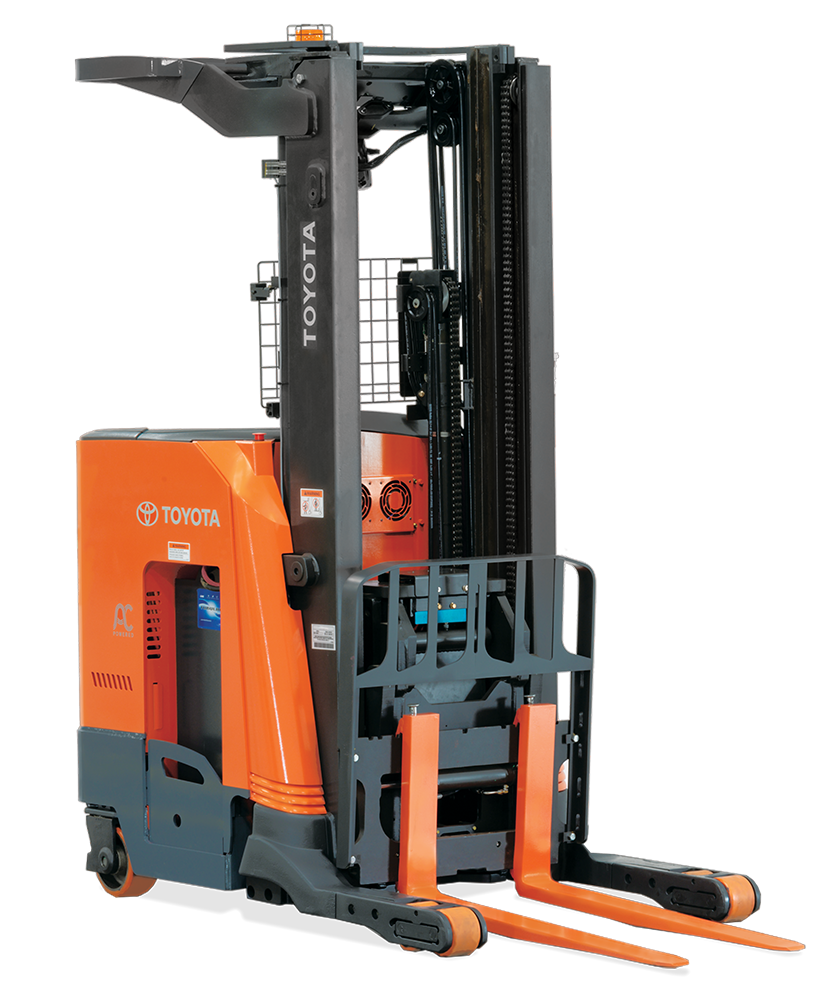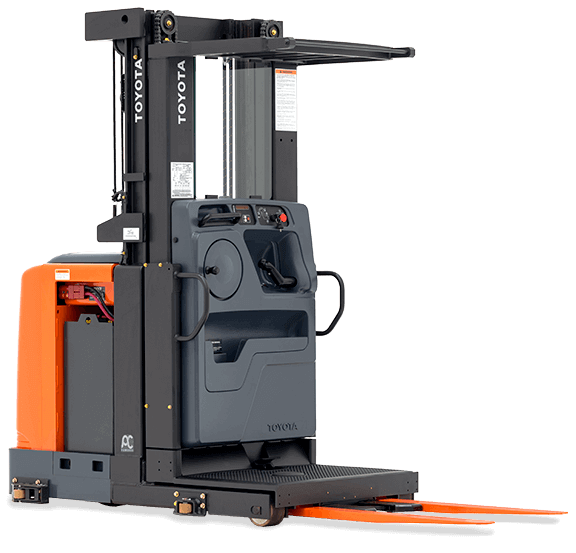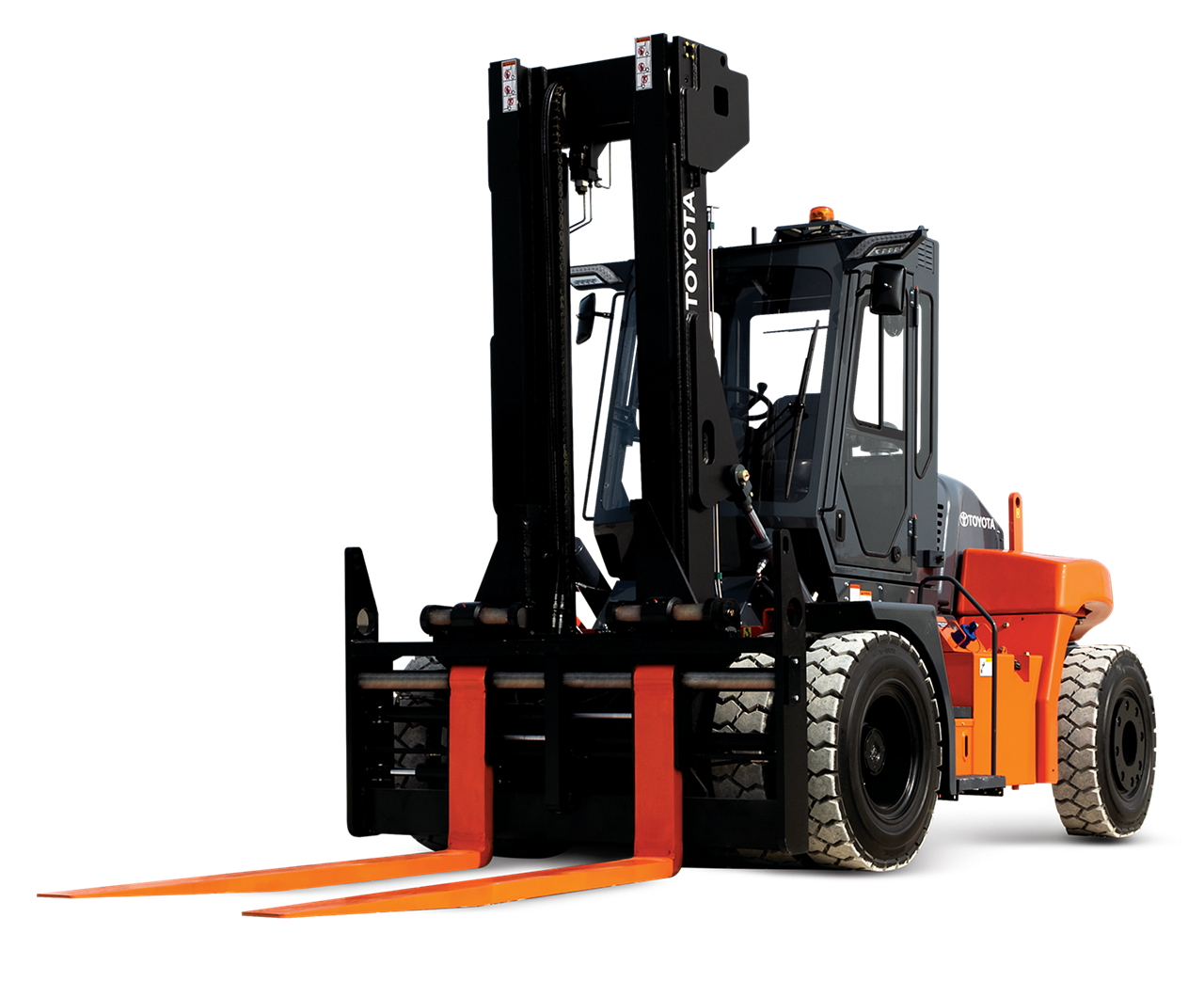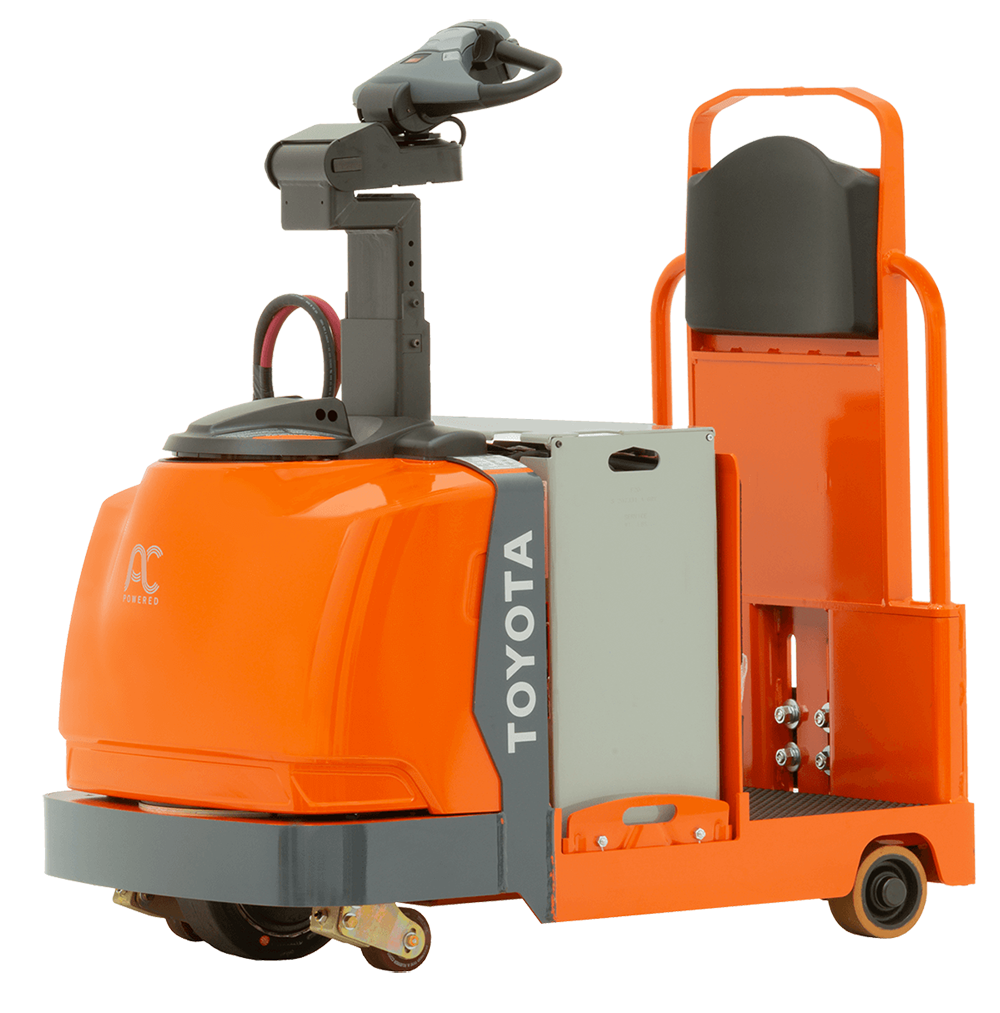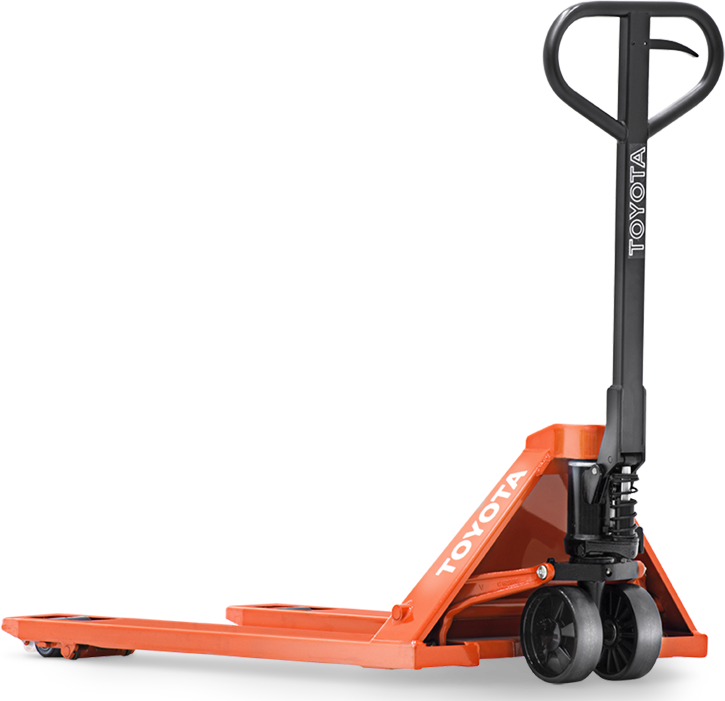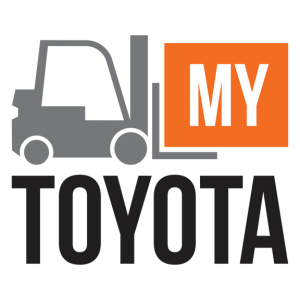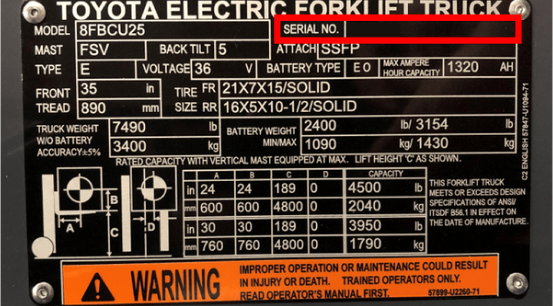Please click below to sign in to your MyToyota account
Hand Pallet Truck: Challenges In Light-Duty Retail

When it comes to positioning pallets in the backroom or navigating aisles during a busy season, getting products from point A to point B consistently presents new challenges in the retail industry. The path is almost never a straight line, either. Vendors, customers, other employees, and various other workplace obstacles can sometimes make even the simplest tasks challenging – not to mention potential debris on the floor that might get in the way.
Hand Pallet Trucks in Light-Duty Retail
Safety First
So, what’s the best way to tackle some of these challenges when it comes to using hand pallet trucks? The first and most important step is proper operator training. While a hand pallet truck may seem like a very simple and intuitive piece of equipment, it needs to be treated just as seriously as a powered industrial vehicle. This is especially true in retail environments where they may be transporting large, heavy pallets in areas where customers are present. Proper operator training is vitally important before allowing employees to operate this type of equipment.
Understanding how the hand pallet truck operates is only part of the equation. Operators also need to be trained on when it is safe to pull pallets onto the sales floor. Many retail stores limit the times when it is acceptable to have pallets on the floor based on store hours or times when foot traffic is at its peak. This scheduling helps to keep aisles open for shoppers and can help reduce the possibility of injury to both customers and employees.
Oftentimes, the issue for retailers isn’t implementing these restrictions, but enforcing them. If rules are not enforced, it is much more likely that vendors and employees will take advantage of the opportunity to pull a pallet rather than load up and haul out multiple cartloads.
No Debris Is The Key
Keeping your floors clean and clear of obstructions presents yet another challenge. Getting shrink wrap caught in the load wheels or running into a chunk of wood or a nail on the floor can do more than just slow you down. These hindrances can cause damage to your floor and pallet truck and even cause tip-overs. A sudden stop, at the very least, can cause unsecured loads to fall over, which not only damages your products, but can also greatly lower your productivity or even cause an injury. Taking the extra time to sweep your floors throughout the entire shift and to properly stack and shrink wrap loads can help to reduce these risks. Properly cleaning up spills and running floor scrubbers as needed will further reduce the risk for potential accidents.
The Right Truck For The Right Job
One of the most important factors for customers when shopping is the condition of the floors. When it comes to taking good care of your floors, you’ll want to choose the right truck for the job. A hand pallet truck with polyurethane wheels is ideal for the retail environment. The soft layer of polyurethane that surrounds these wheels helps to reduce the potential of damage to your floors. This compound also provides quieter operation, which is another important factor in a welcoming retail environment.
These wheels are great, but they don’t hold out forever! The polyurethane compound can be damaged over time due to wear and tear or damaged due to improper floor conditions. In turn, worn out wheels can damage floors, increase effort required by the operator to pull a load, and can present safety issues. Follow the procedures outlined in this blog post and your operator’s manual to help reduce this wear over time, but remember to replace wheels when they begin to show signs of excessive wear. When a wheel does need replacing, it’s best to contact your local, authorized Toyota Forklifts dealer for assistance.




